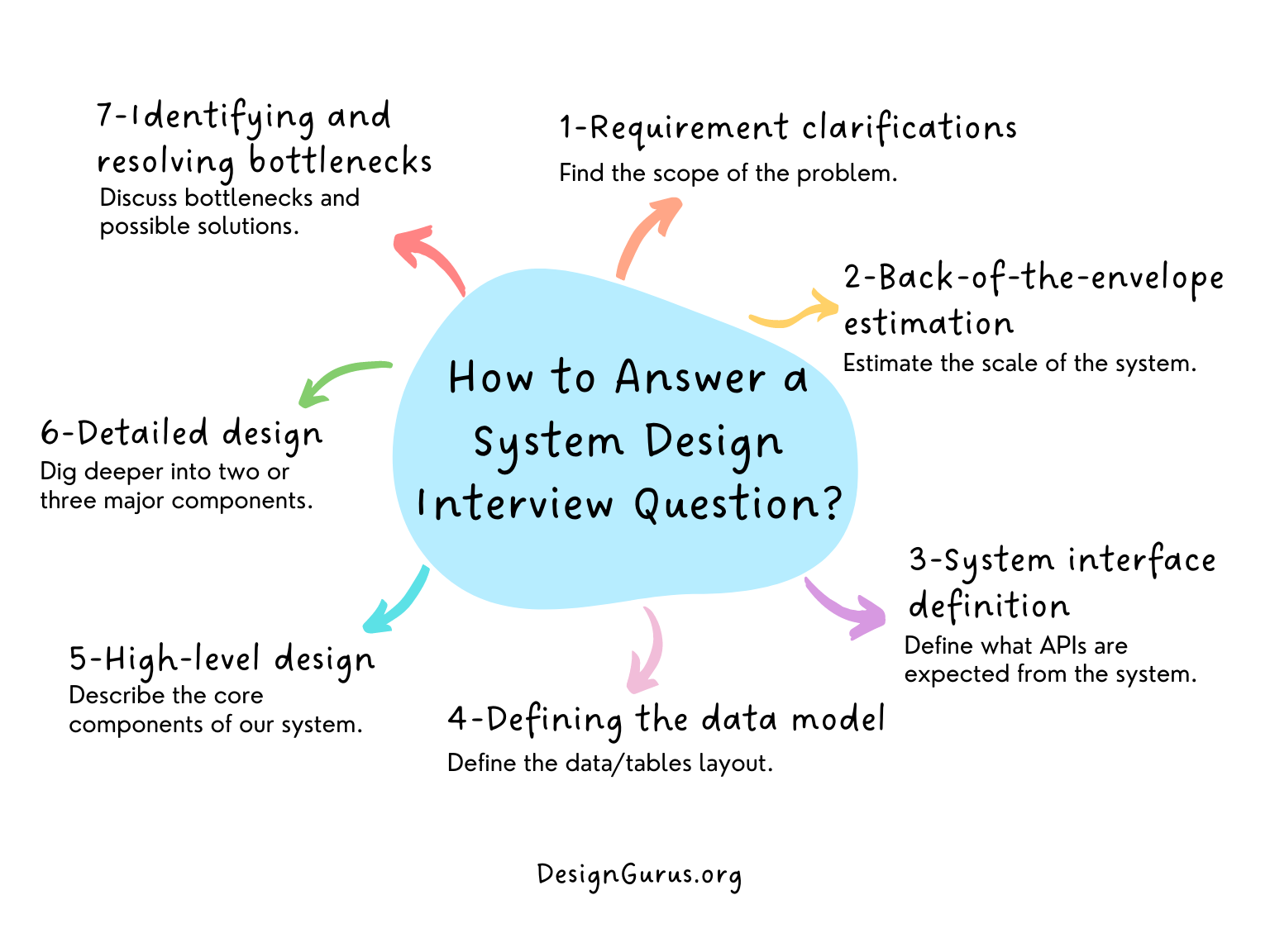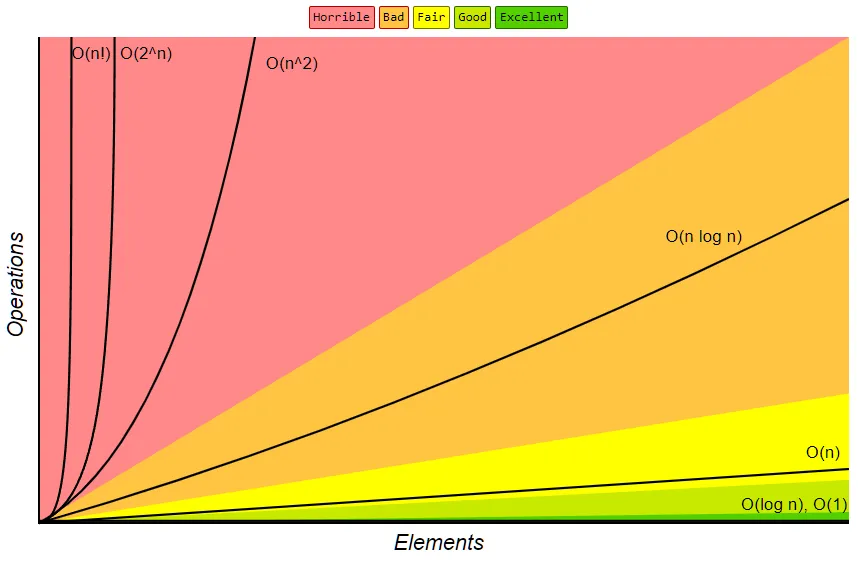Comparing DevOps, SRE, Platform Engineering, and Software Engineering
In the world of technology, there are many different roles and job titles that can be confusing and difficult to differentiate. However, four of the most common roles are DevOps, SRE (Site Reliability Engineering), Platform Engineering, and Software Engineering. While they may have overlapping responsibilities, they also have specific tasks and skills that make each role unique. In this article, we will compare and contrast these four roles, including their responsibilities, required skills, and key tasks.
Understanding the Different Roles
When it comes to software development and IT operations, there are many different roles that play a crucial part in ensuring that the systems run smoothly and efficiently. Each role has its own unique responsibilities and areas of expertise. In this article, we will take a closer look at four of these roles: DevOps, Site Reliability Engineering (SRE), Platform Engineering, and Software Engineering.
DevOps: Bridging the Gap Between Development and Operations
DevOps is a role that focuses on the collaboration between development and operations teams to improve software development and delivery. This role strives to streamline the software development process and increase efficiency by integrating continuous delivery, automation, and testing into the development process. DevOps professionals are responsible for managing the infrastructure, deploying applications, and monitoring performance.
One of the key benefits of a DevOps approach is that it helps to break down the silos that can exist between development and operations teams. By working together closely, these teams can better understand each other's needs and priorities, and work towards common goals. This can lead to faster development cycles, better quality software, and a more efficient overall process.
Site Reliability Engineering (SRE): Ensuring System Reliability and Scalability
SRE is a role that is primarily focused on ensuring the reliability and scalability of a company's IT systems. SRE professionals are responsible for monitoring the system, performing troubleshooting and incident response, and implementing automation to improve system reliability. They work closely with development teams to ensure scalability and stability, and are also responsible for designing and implementing disaster recovery plans.
One of the key challenges of SRE is balancing the need for reliability with the need for innovation. While it is important to ensure that systems are reliable and stable, it is also important to be able to quickly adapt to changing business needs and market conditions. SRE professionals must be able to find the right balance between these two competing priorities.
Platform Engineering: Building and Maintaining Infrastructure
Platform Engineering is a role that focuses on building and maintaining the underlying infrastructure for a company's IT systems. This includes managing servers, networks, and storage systems. Platform Engineers are responsible for designing and implementing infrastructure for new applications, as well as maintaining and updating existing infrastructure. They also work closely with development and operations teams to ensure the infrastructure is running smoothly and efficiently.
One of the key challenges of Platform Engineering is keeping up with the constantly evolving landscape of IT infrastructure. As new technologies emerge and old ones become obsolete, Platform Engineers must be able to adapt quickly and stay up-to-date on the latest trends and best practices.
Software Engineering: Designing and Developing Software Solutions
Software Engineering is a role that focuses on designing and developing software solutions that meet a company's needs. This includes writing code, performing testing, and deploying software. Software Engineers are responsible for designing and implementing software solutions that meet the needs of the business, and work closely with other teams to ensure that the software is integrated correctly and runs smoothly.
One of the key challenges of Software Engineering is balancing the need for speed with the need for quality. While it is important to develop software quickly in order to meet business needs, it is also important to ensure that the software is reliable, scalable, and secure. Software Engineers must be able to find the right balance between these two competing priorities.
In conclusion, each of these roles plays a crucial part in ensuring that software development and IT operations run smoothly and efficiently. By working together closely and leveraging each other's strengths and expertise, these teams can achieve common goals and deliver high-quality software that meets the needs of the business.
Key Responsibilities and Tasks
As companies continue to rely more heavily on technology to support their business operations, the roles of DevOps, SRE, Platform Engineering, and Software Engineering professionals have become increasingly important. Each of these roles has its own set of unique responsibilities and tasks that are essential to the success of any technology-driven business.
DevOps Responsibilities
DevOps professionals are responsible for managing the technology infrastructure and supporting applications. This includes ensuring that servers and applications are running smoothly, monitoring and troubleshooting systems, and providing support to developers and other stakeholders. They are also responsible for implementing and managing automation tools and processes to improve the efficiency and effectiveness of software development.
One of the key responsibilities of a DevOps professional is to ensure that the technology infrastructure is optimized to meet the needs of the business. This may involve working closely with developers to identify areas where automation can be used to improve efficiency, or identifying areas where system performance can be improved through the use of new technologies or processes.
DevOps professionals also play a critical role in ensuring the security of the technology infrastructure. This may involve implementing security protocols and best practices, monitoring systems for potential security threats, and working with other teams to develop and implement disaster recovery plans.
SRE Responsibilities
SRE professionals are primarily responsible for ensuring the reliability and stability of the systems they manage. This includes monitoring systems, performing troubleshooting, and implementing improvements to ensure that systems are scalable and reliable. They are also responsible for developing and implementing disaster recovery plans to ensure that systems can quickly recover from any interruptions or downtime.
One of the key responsibilities of an SRE professional is to ensure that systems are able to handle the demands of the business. This may involve working closely with other teams to identify areas where system performance can be improved, or implementing new technologies or processes to increase system scalability.
SRE professionals also play a critical role in ensuring the security of the systems they manage. This may involve implementing security protocols and best practices, monitoring systems for potential security threats, and working with other teams to develop and implement disaster recovery plans.
Platform Engineering Responsibilities
Platform Engineers are responsible for building and maintaining the infrastructure that supports a company's IT systems. This includes managing servers, networks, and storage systems, as well as implementing and managing automation tools and processes to improve system efficiency. They work closely with development and operations teams to ensure that the infrastructure is optimized to meet the needs of the business.
One of the key responsibilities of a Platform Engineer is to ensure that the infrastructure is able to support the demands of the business. This may involve working closely with developers to identify areas where system performance can be improved, or implementing new technologies or processes to increase system scalability.
Platform Engineers also play a critical role in ensuring the security of the infrastructure they manage. This may involve implementing security protocols and best practices, monitoring systems for potential security threats, and working with other teams to develop and implement disaster recovery plans.
Software Engineering Responsibilities
Software Engineers are responsible for designing, developing, and deploying software solutions that meet the needs of the business. They work closely with other teams to ensure that the software is integrated correctly and runs reliably. Additionally, they are responsible for staying up to date on the latest technologies and programming languages to ensure that they are able to create the most effective software solutions possible.
One of the key responsibilities of a Software Engineer is to ensure that software solutions are able to meet the demands of the business. This may involve working closely with other teams to identify areas where software performance can be improved, or implementing new technologies or processes to increase software scalability.
Software Engineers also play a critical role in ensuring the security of the software they develop. This may involve implementing security protocols and best practices, testing software for potential security vulnerabilities, and working with other teams to develop and implement disaster recovery plans.
Required Skills and Expertise
As technology continues to evolve, the demand for skilled professionals in the tech industry is increasing rapidly. In particular, the fields of DevOps, SRE, Platform Engineering, and Software Engineering require individuals with specific skill sets and expertise.
DevOps Skills and Expertise
DevOps professionals need to have a strong understanding of both development and operations. This means they must be well-versed in programming languages, software development methodologies, and IT infrastructure. They must be able to write code and develop software, but also have a deep understanding of how IT infrastructure supports software development. Additionally, they must be able to work collaboratively with other stakeholders, such as developers, system administrators, and project managers, to ensure that systems are running smoothly and efficiently.
DevOps professionals must also have experience with automation tools, such as Ansible, Chef, and Puppet, to streamline processes and reduce errors. They must be able to identify areas for improvement and implement solutions to optimize workflow and increase efficiency. Furthermore, DevOps professionals must be able to work well under pressure, as they are responsible for ensuring that systems are available and performing optimally at all times.
SRE Skills and Expertise
SRE professionals need to have a strong understanding of systems engineering, including networking, storage, and databases. They must be able to design, build, and maintain complex systems that are highly available, scalable, and reliable. SRE professionals must also have experience with automation tools, such as Terraform and Kubernetes, to manage infrastructure as code and automate deployment processes.
Strong communication skills are essential for SRE professionals, as they must be able to collaborate effectively with developers, system administrators, and other stakeholders. Additionally, SRE professionals must be able to troubleshoot issues quickly and effectively, as downtime can have a significant impact on business operations.
Platform Engineering Skills and Expertise
Platform Engineers need to have a strong understanding of infrastructure, including servers, networks, and storage systems. They must be able to design and build scalable, reliable, and secure platforms that can support a variety of applications and workloads. Platform Engineers must also have experience with automation tools, such as Ansible and Jenkins, to streamline processes and reduce errors.
Strong communication skills are also important for Platform Engineers, as they must be able to work collaboratively with other stakeholders, such as developers and system administrators, to ensure that platforms are meeting business needs. Platform Engineers must also be able to identify areas for improvement and implement solutions to optimize performance and reduce costs.
Software Engineering Skills and Expertise
Software Engineers need to have a strong understanding of programming languages, software development methodologies, and the ability to write high-quality code. They must be able to design, develop, and maintain software solutions that meet business needs and are scalable, reliable, and secure. Software Engineers must also have experience with testing and deployment processes, such as continuous integration and continuous deployment (CI/CD), to ensure that software solutions are integrated and running correctly.
Strong communication and problem-solving skills are also crucial for Software Engineers, as they must be able to collaborate effectively with other teams, such as product managers and designers, to ensure that software solutions are meeting business and user needs. Additionally, Software Engineers must be able to identify areas for improvement and implement solutions to optimize performance and reduce technical debt.
Conclusion
While DevOps, SRE, Platform Engineering, and Software Engineering all have unique responsibilities and required skills, they all share a common goal: to ensure that systems and software are running smoothly and efficiently. By understanding the differences and similarities between these roles, organizations can better structure their teams and ensure that they have the right people with the appropriate skillsets to meet their business needs.







